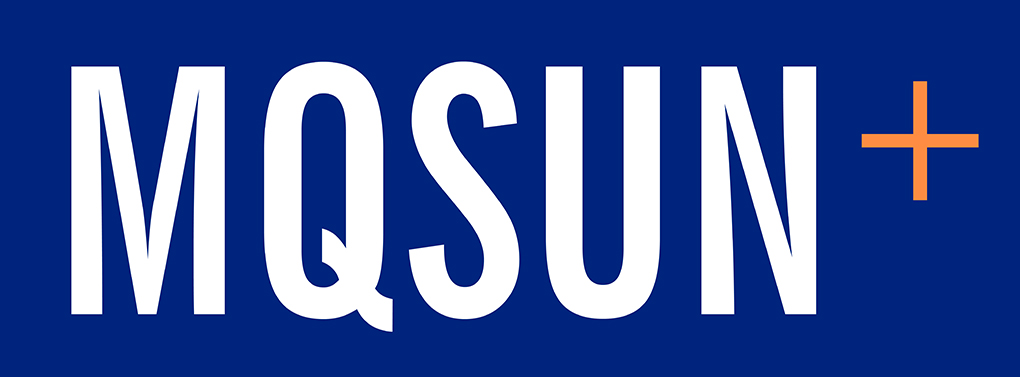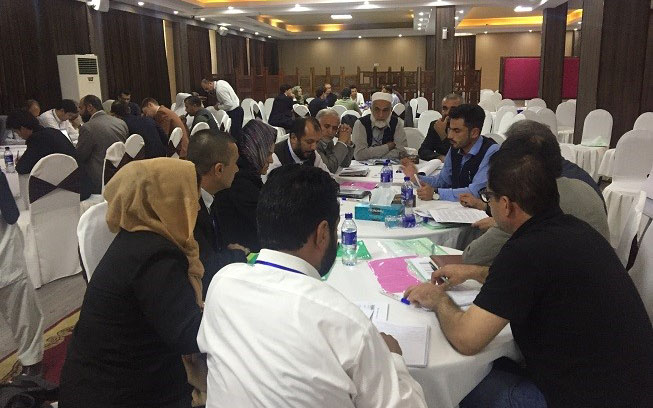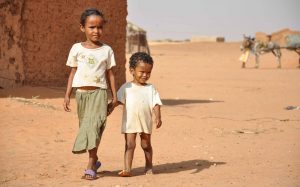The Afghanistan Food Security and Nutrition Agenda (AFSeN-A) Secretariat conducted a two-day workshop to secure stakeholders’ consensus on the AFSeN-A contextual analysis and stakeholder mapping through consultation and validation process and to agree on a common results framework for the AFSeN-A Strategic Plan. The draft context analysis and stakeholder mapping were presented and reviewed by stakeholders.
More than 50 persons from various ministries, United Nations and civil society organisations attended the workshop and presented their views, comments and suggestions to further improve and finalise the context analysis and stakeholder mapping.
High authorities from the Government of the Islamic Republic of Afghanistan, including Deputy Ministers of the Ministry of Public Health, Ministry of Agriculture, Irrigation and Livestock, Ministry of Information and Culture and Dean of Kabul Medical University, attended the opening and closing sessions of the workshop. They highlighted the importance of intersectoral coordination and collaboration for ensuring food and nutrition security in the country.
At the closing ceremony, the Director General of the Council of Ministers Secretariat, the Afghanistan Focal Point for SUN and AFSeN-A Coordinator on behalf of the Chief Executive, H.E Nasrullah Arsalai, highlighted the need for the development of the Strategic Plan and reaffirmed the Afghan Government’s commitment to improving the food and nutrition status in the country. He appreciated the efforts of stakeholders for working on the Strategic Plan. He recognised the contributions of the Scaling Up Nutrition (SUN) Movement, Maximising the Quality of Scaling Up Nutrition Plus (MQSUN+), the United Kingdom’s Department for International Development (DFID), PATH, the consultants, United Nation’s Children’s Fund, Food and Agriculture Organization and the World Food Programme for their technical and financial support to this process.





